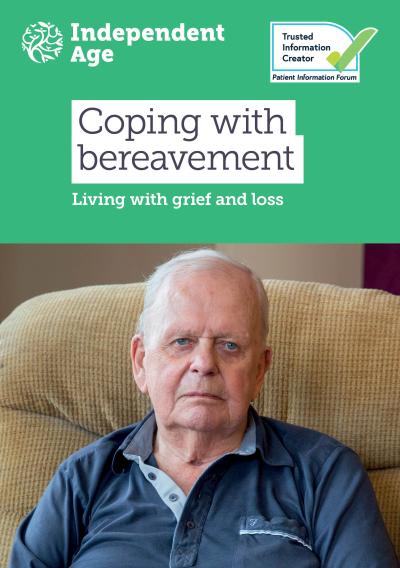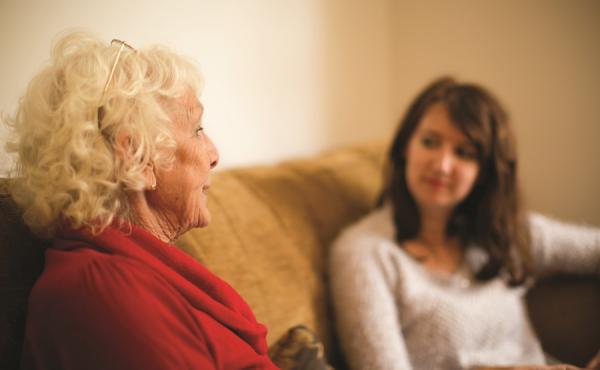Related publications


When you’ve been bereaved, it’s important to look after yourself. There are some simple things you can do to help yourself, and people and organisations who can help you.
The worse thing was the isolation. I try to keep busy – I do tai chi and volunteer at my local Citizens Advice. Sometimes I get to the bus stop and I really don’t want to go out, but then I make myself.